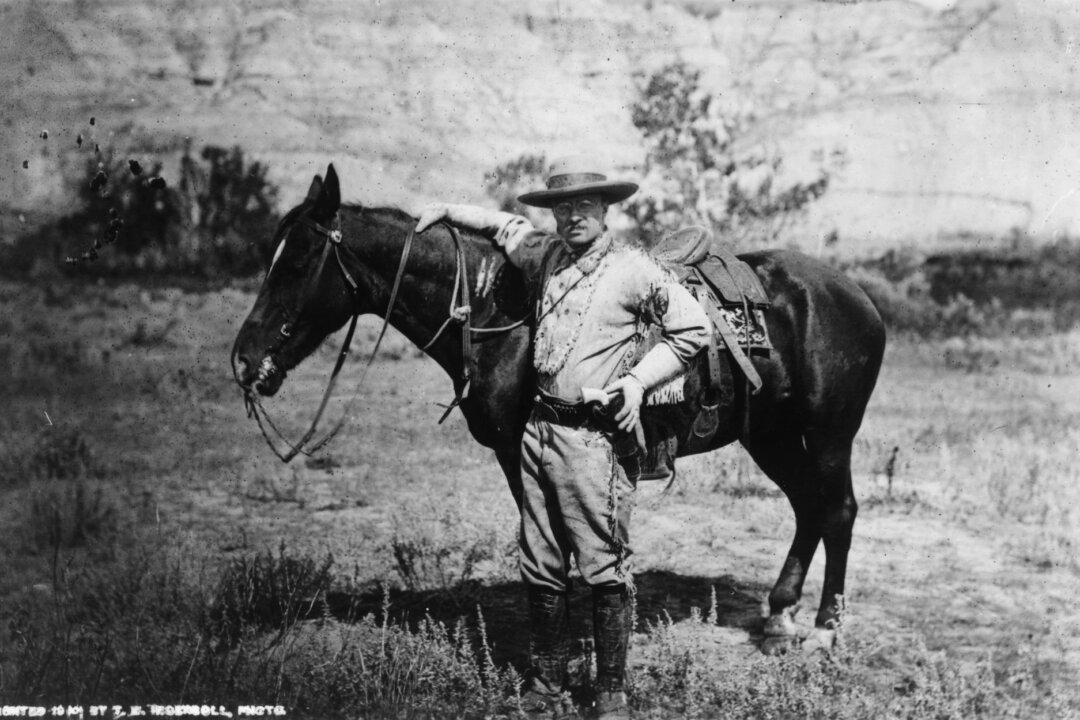An almost mythical figure in U.S. history, Theodore Roosevelt embodied the very essence of masculine virtues. “The Strenuous Life,” his great speech on toil and vigor, is a timeless call to action. This cherished and oft-quoted address is one of the most eloquent expressions of American idealism, just as relevant today as it was in Roosevelt’s time.
Delivered in Chicago in 1899, when Roosevelt was governor of New York, the speech combined stoic wisdom with an appeal for individual industry and effort to further American prosperity. The opening remarks sum up the essence of Roosevelt’s vision of America, one that would come to define his presidency.






